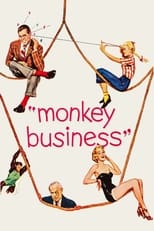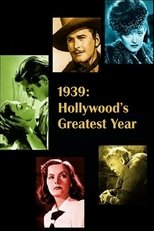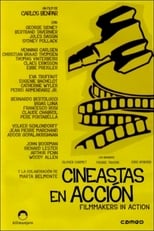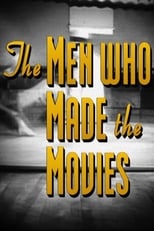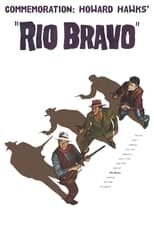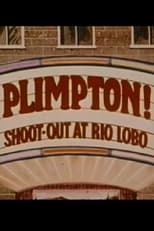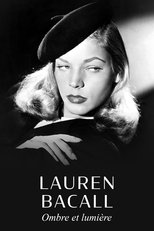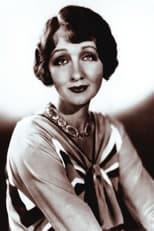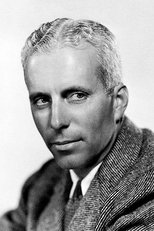
Howard Hawks
1896-05-30
The Biography
Howard Winchester Hawks (May 30, 1896 – December 26, 1977) was an American film director, producer and screenwriter of the classic Hollywood era. He is popular for his films from a wide range of genres, including screwball comedies [Bringing Up Baby (1938), His Girl Friday (1940), Gentlemen Prefer Blondes (1953)], westerns [Red River (1948), Rio Bravo (1959), El Dorado (1967)], adventure films [Only Angels Have Wings (1939), To Have and Have Not (1944)], films noirs [The Big Sleep (1946)] and gangster films [Scarface (1932)]. Notable characteristics of his films are independent and tough-talking female protagonists ("Hawksian woman") and witty and fast-paced dialogues. In 1975, Hawks was awarded the Honorary Academy Award as "a master American filmmaker whose creative efforts hold a distinguished place in world cinema," and in 1942 he was nominated for the Academy Award for Best Director for Sergeant York. Hawks has been considered by film critics to be an auteur because of his recognizable style and frequent use of certain thematic elements. Andrew Sarris in his influential book of film criticism The American Cinema: Directors and Directions 1929–1968 included him in the "pantheon" of the 14 greatest film directors who had worked in the United States. Hawks influenced numerous filmmakers such as Quentin Tarantino and Martin Scorsese.

